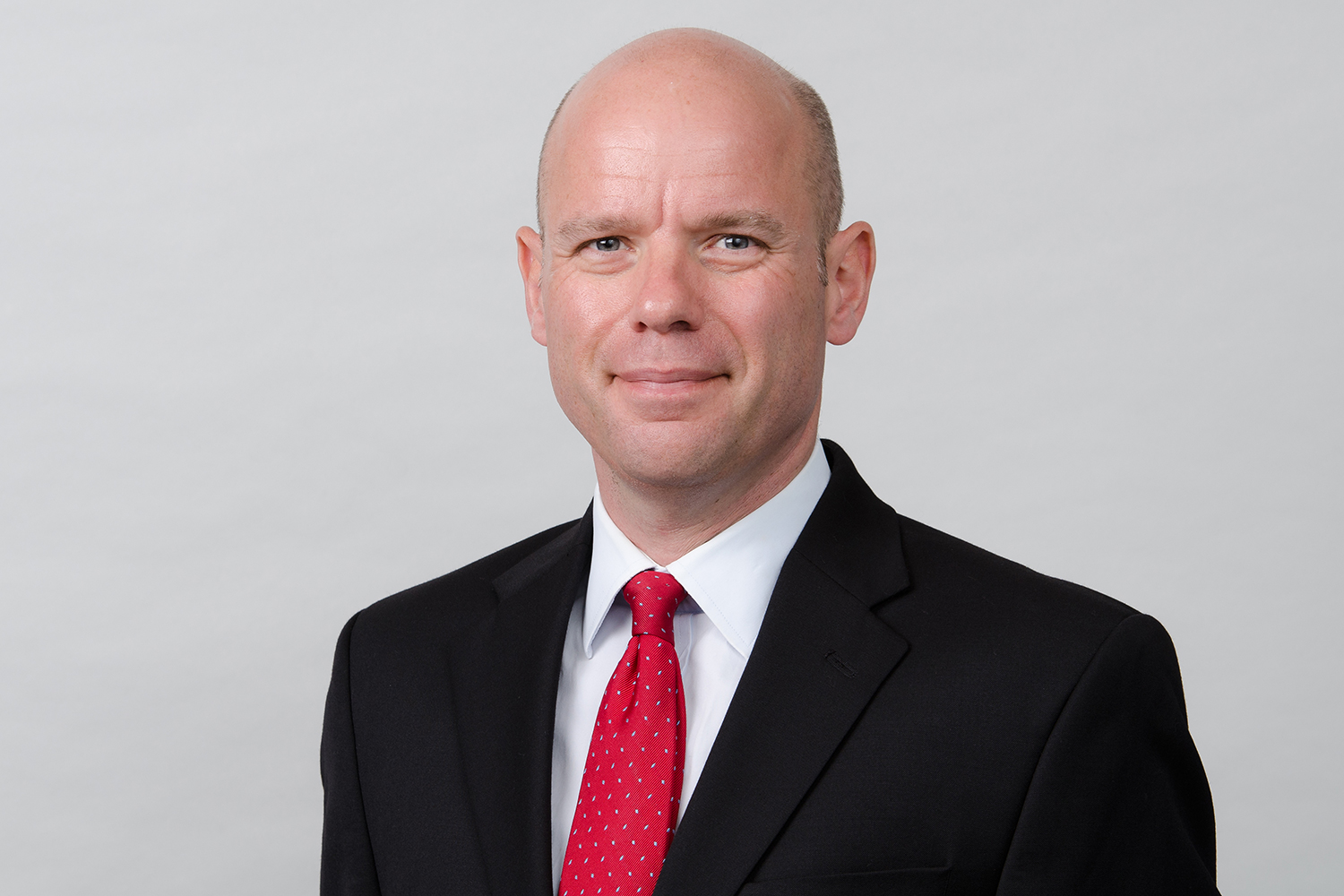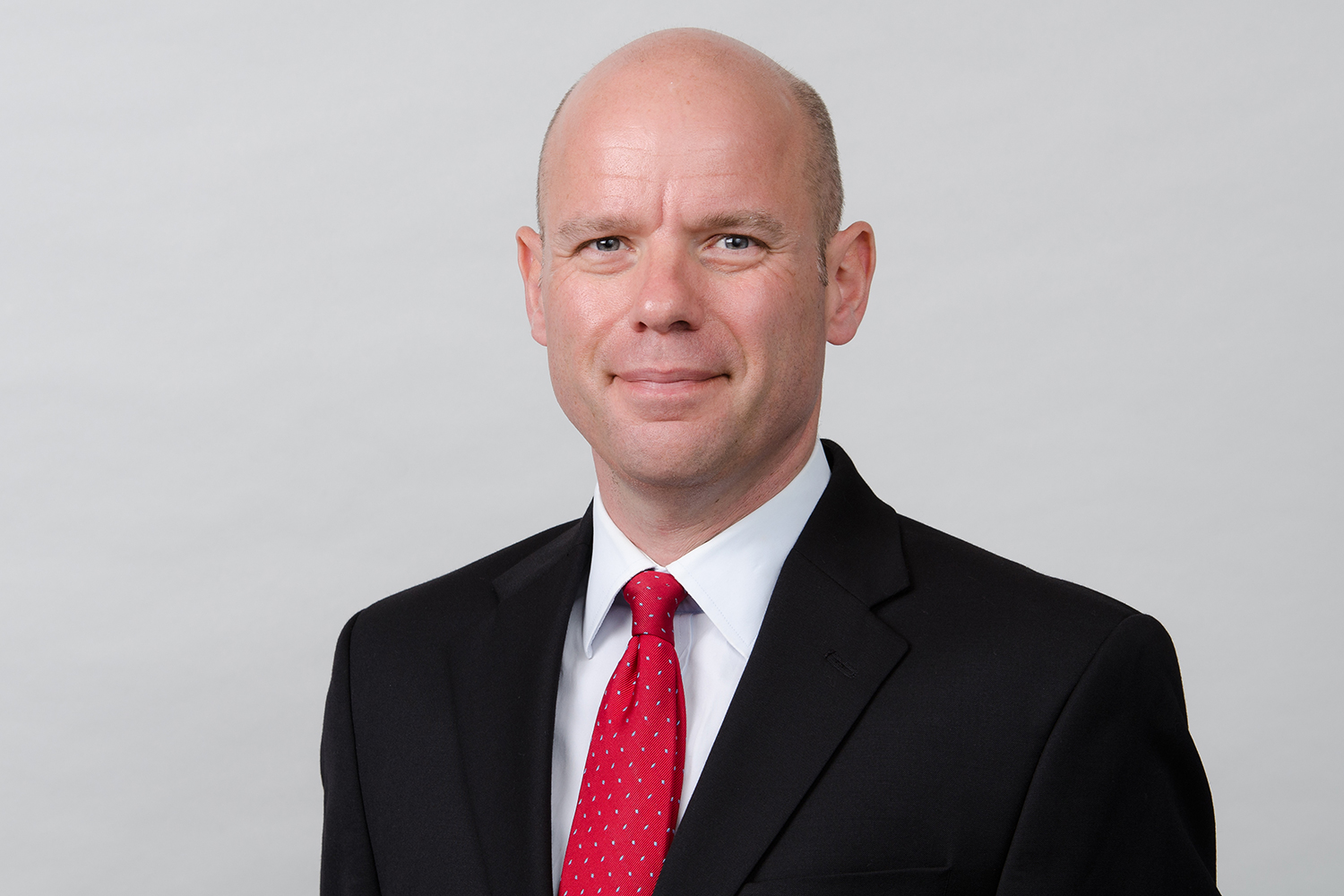
Michael Killourhy
Partner | Legal
British Virgin Islands

Michael Killourhy
Partner
British Virgin Islands
The British Virgin Islands is an established and favoured jurisdiction in the virtual assets space. Over the last few years, due to its flexible corporate structures and pragmatic approach to crypto regulation, the BVI has emerged as a leading jurisdiction in which to incorporate issuers of virtual assets (see our note on token offerings using BVI entities).
More recently, it has been the home jurisdiction of choice for a large number of virtual assets service providers (VASPs) who are undertaking regulated activities and who wish to operate under the supervision of a respected, but practical and crypto-literate regulator (see our briefing on the BVI Virtual Asset Service Providers Act).
One aspect of the BVI's offering that has not been explored in nearly enough depth to date is the opportunity to use BVI structures to service the needs of Decentralised Autonomous Organisations (DAOs) and other decentralised communities, giving them a foothold in the real world. In the past, developers establishing decentralized or other blockchain undertakings have been advised that it may be necessary to establish operating and holding structures across multiple jurisdictions: while one jurisdiction might offer optimum conditions for those elements acting as token issuers or VASPs, others were seen as more suitable for orphan holding structures or DAO service vehicles, wrappers or agents. Many projects have therefore found themselves operating out of a number of separate jurisdictions, each with their own rules, service providers, and, importantly, associated costs. The BVI can offer a a complete service for DAOs and Web3 projects looking to establish an entity that can handle both their real-world operations and all their token requirements.
As a starting point, it is worth considering what real-world entities are doing in decentralised structures. Simply put, where you have a DAO or other decentralised project, it is often the case that the DAO will need, from time to time, to engage with people or entities in the real world. For example, the DAO may find itself needing to hire developers, or to hold valuable IP – and perhaps to have a bank account to hold fiat currency to pay for these things. As a DAO does not have 'legal personality', meaning that it cannot itself own things or enforce legal rights, it needs an entity in the real world to handle these aspects of business.
This is where service entities come in. These are entities that are typically set up in offshore jurisdictions that benefit from flexible corporate laws, stable legal systems, tax neutrality, and sensible regulatory environments. They will generally be established with clear purposes listed in their governing documents, setting out that they exist solely for the benefit of the DAO or project that they are set up to support – which means that their directors will be required only to do things that meet those purposes, and can be liable if they do things that go against those purposes.
If a BVI entity is used for this, it would most likely be incorporated as a limited company that can issue shares – which is also the most common form of a BVI token issuing entity. The question arises, then, of how the shares of this entity are to be held. A number of solutions have been found to questions around ownership, often involving the use of an 'ownerless' company in a different jurisdiction. But, as mentioned above, the BVI itself can offer solutions to this, enabling projects to reduce the number of entities they have (as your token issuer can also be your service provider), streamline their operations, and minimise costs.
It is somewhat ironic that in the world of crypto, which came out of the desire to create a system in which counterparties to transactions do not need to involve trusted third parties, the BVI ownership solution here is called a trust. A trust is a legal arrangement where one person (a 'trustee') will hold an asset (in this case, the shares of the BVI entity) to fulfil a purpose or for the benefit of some other person. Under BVI law, the parameters of that trust and the duties, rights and obligations of the trustee are very much up to the founders who establish the trust.
Specifically, with a BVI trust, it is possible for the trustee to have almost no ability to interfere with the management of the BVI company, leaving the directors of the company to operate as they, and the DAO, see fit. That said, provisions can be included to compel the trustee to step in, in the event that the directors go rogue, to replace the directors with new ones approved by the DAO. The trustee would most likely be a professional trustee based in the BVI, though it is also possible (albeit a little more complex) to set up more involved structures where founders or key DAO members can be trustees. The only limitation here is that a trustee cannot be a director of the company.
One final note on the company directors – under BVI law, the company need have only one director, but can have as many as it likes. So, it's possible to have a founder as a director, or a person or persons chosen by the DAO, or, if preferred, it is possible for the DAO to engage the services of a professional director.
While not an ownerless or orphaned structure per se, it is important here to also mention another BVI structure that may achieve similar results to a trust structure: the company limited by guarantee (a CLG). Unlike a company limited by shares, a CLG has a member who promises to pay the company a certain amount of money (typically US$1.00) in the event that it goes bankrupt, to help pay its debts.
When used in crypto structures, a CLG will be created as a non-profit entity, such that the guarantee member has no economic interest in the company. Its governing documents will make this explicit, and will provide that any surplus cash in the company that it isn't using in its business or saving up should be used towards its purposes (being the support of a decentralised project, or, if that isn't possible, similar projects). The only function of the guarantee member, then, would be to ensure that the directors of the company are running it properly, and that they are not acting in a way that goes against its purposes, or are neglecting the needs of the DAO. It is possible to use professionals who are prepared to act as guarantors and accept this limited supervisory role, much like the trustees considered above.
CLGs are also good, simple solutions where a project needs to have a real world entity, but where a founder is retaining a high degree of association with and even control over the project. Indeed, we have seen projects in the past where a founder offers a large guarantee to the entity as a way of signalling to the market and users that they have a high degree of faith in the likely success of the project.
The BVI, while overlooked so far for the incorporation of DAO service vehicles or simple orphan holding structures, provides an excellent solution for projects looking to establish these. Using a BVI entity, whether held by a trust or incorporated as a CLG, enables projects to focus their energies and resources on a single jurisdiction and, most likely, a single entity (there are situations in which multiple entities would be advisable, to silo liabilities or separate assets; Ogier would be happy to advise on this as part of any engagement). Tokens and virtual assets are the life blood of Web3 and the cryptosphere and, as such, it is vital that an entity that can issue and handle these be central to any structure. Why not make it the whole thing?
Ogier is a professional services firm with the knowledge and expertise to handle the most demanding and complex transactions and provide expert, efficient and cost-effective services to all our clients. We regularly win awards for the quality of our client service, our work and our people.
This client briefing has been prepared for clients and professional associates of Ogier. The information and expressions of opinion which it contains are not intended to be a comprehensive study or to provide legal advice and should not be treated as a substitute for specific advice concerning individual situations.
Regulatory information can be found under Legal Notice
Sign up to receive updates and newsletters from us.
Sign up